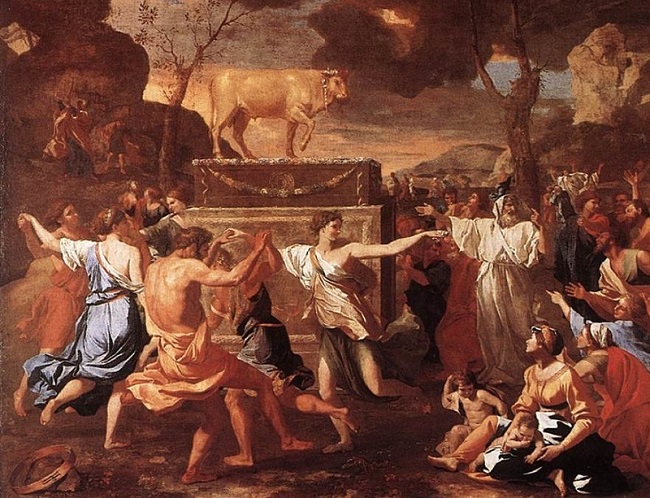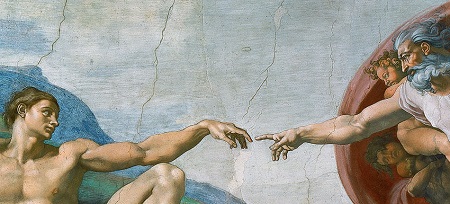| Fun house mirrors are amusing for a short time. Like caricatures they emphasize some features while diminishing others – or making them completely disappear. But the reason they’re enjoyable is because you know what the true image looks like, and you’re only seeing the distortion for a short time for amusement. And everyone looking at the distortion knows it’s a distortion. That’s why you stand before the distorting mirrors in the first place – to be amused by how the mirror will distort your features.
But how would you feel if all that people knew about you was the distorted image? What if they never saw the real you, the undistorted you? What if all your life you had to deal with people thinking that you were in fact the distortion they saw? |
Contents
|
Category Archives: Gnosticism
Is Creation Relevant? Part 1: The Problem
Is teaching and proclaiming God’s creation of the universe and all life relevant for today? Is the biblical proclamation – “In the beginning, God created … ” a message that 21st century people need to hear; or should we have the same focus as the apostle Paul who said – “I resolved to know nothing while I was with you except Jesus Christ and him crucified“? (1 Cor 2.2)
Some Christians see an insistence on adhering to the traditional creation account – that God created in six – 24 hour days about 6,000 years ago – as unnecessarily divisive. But adherence to any Biblical account can be divisive. Some Christians don’t believe, for example, that the New Testament witness of the day to worship is on Sunday (Acts 20.7) and insist on keeping the Old Testament practice of meeting on the Sabbath (Saturday). That has been an issue divisive enough to form separate denominations over. So the question of divisiveness is beside the point. It does not address the question of relevance. Also, since the divisiveness issue is an in house question (the house of God I mean) that has already been well addressed[1] I won’t spend time on it here.
Others say that for those who are lost, the account of creation is not a concern. They may have many concerns, but how the universe began is typically not one of them. I had that conversation with a pastor, who said of the many people he speaks to, creation is not an issue. And though not stated, the implication was that creationists spend too much time discussing things that are not of interest. Things such as evolution, the big bang, dinosaurs, the flood, the age of the earth, etc., etc. Perhaps he has a point. Perhaps at the point he speaks with people there is no interest in creation. But does that mean the issue is not there, lurking beneath the surface? Continue Reading
Time to End the In House Debate
 Among Christians there should be no questions or debates about the origins of life, the earth or the universe. |
||||
|
– How important is this for Christians to deal with? Dr. Danny Faulkner, Author, Distinguished Professor Emeritus, retired and now on staff with Answers in Genesis and its Creation Museum responded:
True, but Dr. Faulkner misses the elephant in the room. Dr. Hugh Ross, Astronomer and best-selling author responded:
Dr. Ross’ answer not only misses the elephant in the room, but it is also very misleading. Why do the biblical creeds not mention the time of creation? (More importantly the duration.) Because that is not one of the issues they were dealing with at the time. In the first few centuries after Christ’s resurrection, the church was besieged with Christological issues – docetism (Christ only seemed to have a body but was really just spiritual), gnosticism (a whole range of errors regarding God from which we get the phrase “children of a lesser god”; errors regarding Christ; and the nature of good and evil), monophysitism (Christ had only one nature), and so on. So they were concerned with clearly and correctly defining who Christ was – that he was “very God from very God” (from the Nicene Creed) and “one person with two natures” (From the Definition of Chalcedon). The Nicene Creed was written in 325 AD; the definition of Chalcedon was written in 451. The issue of the length of creation didn’t come up until needed for evolution, and Darwin didn’t publish “Origin of Species” until 1859. So of course the creeds don’t deal with that. Dr. Ross also states big bang cosmology identifies the who of creation as the God of the Bible. Really? Perhaps he should tell that to Continue Reading |



